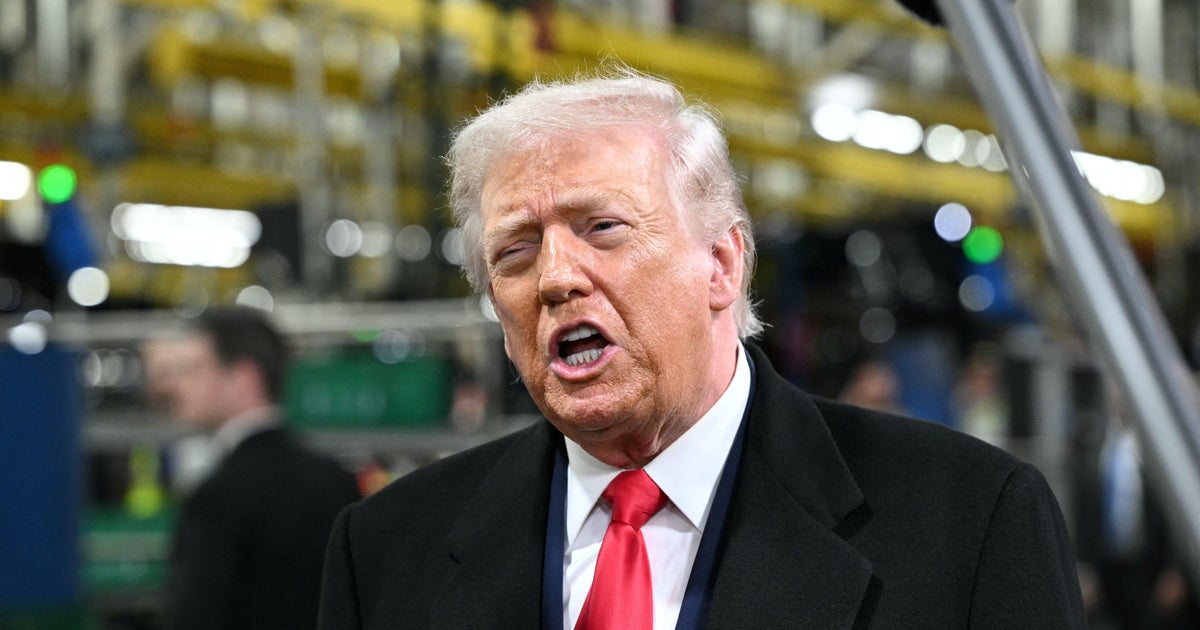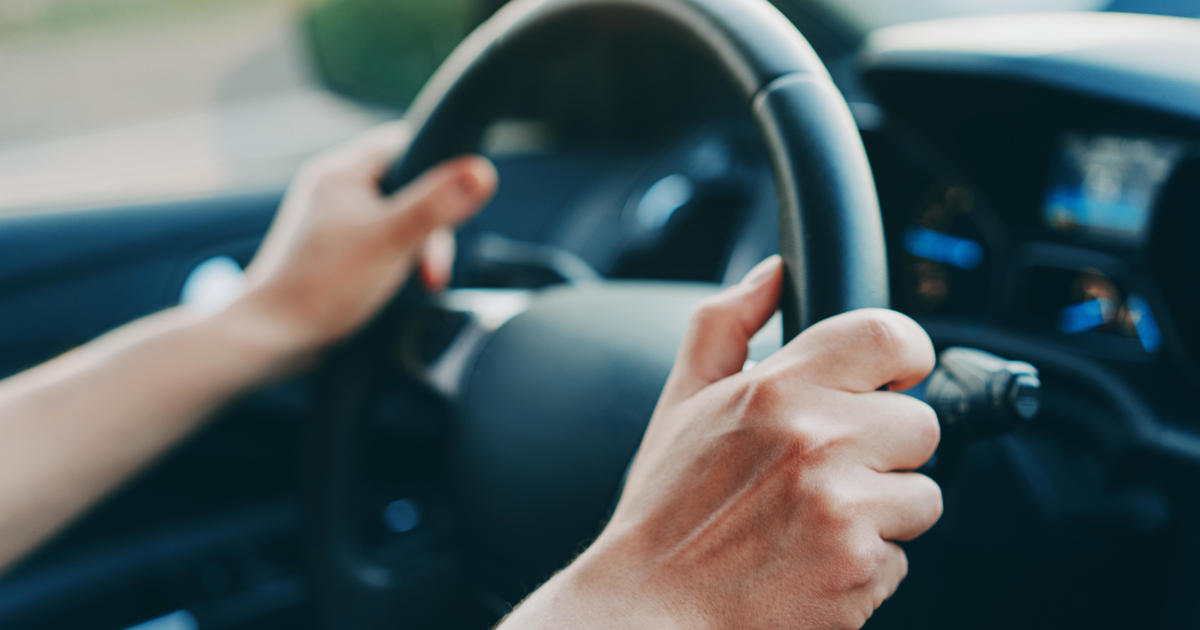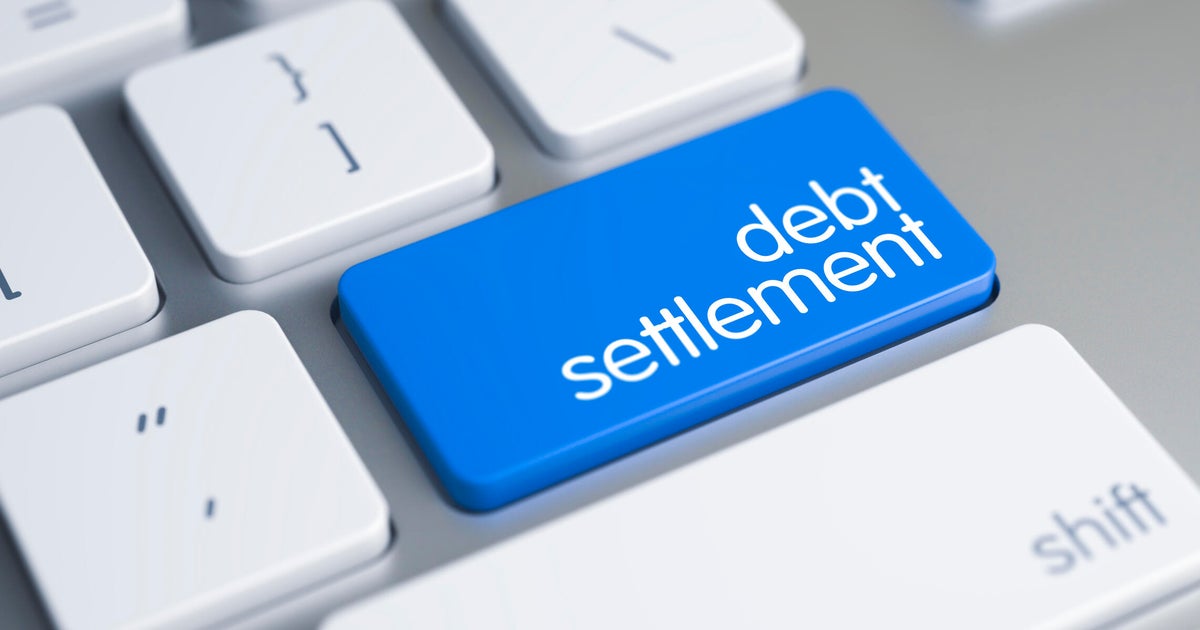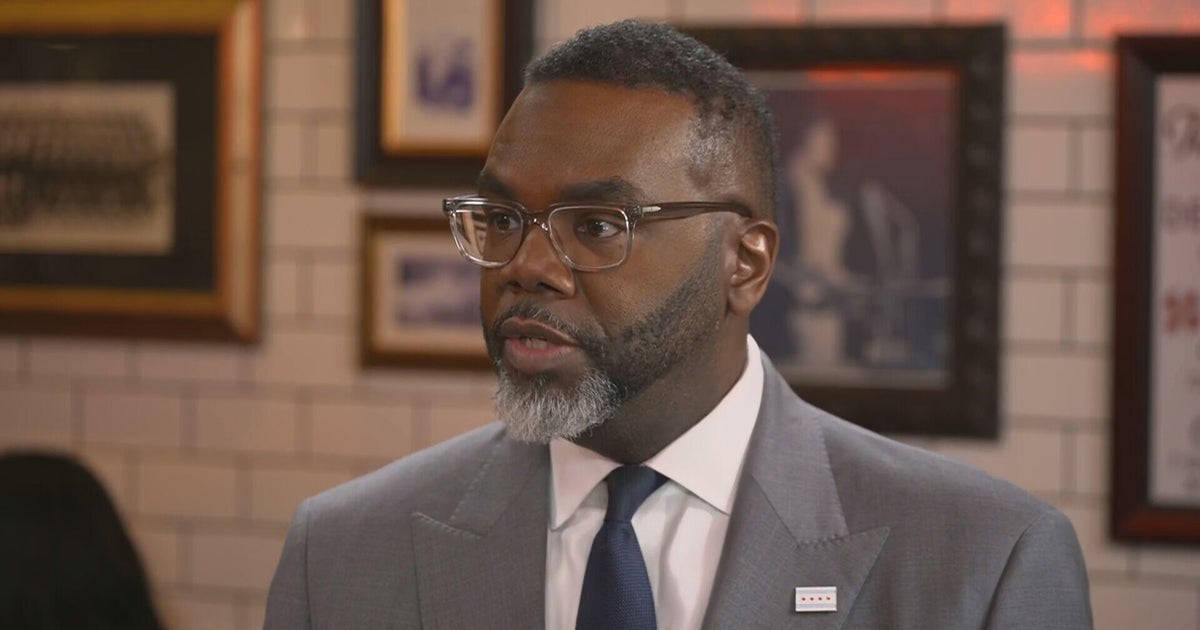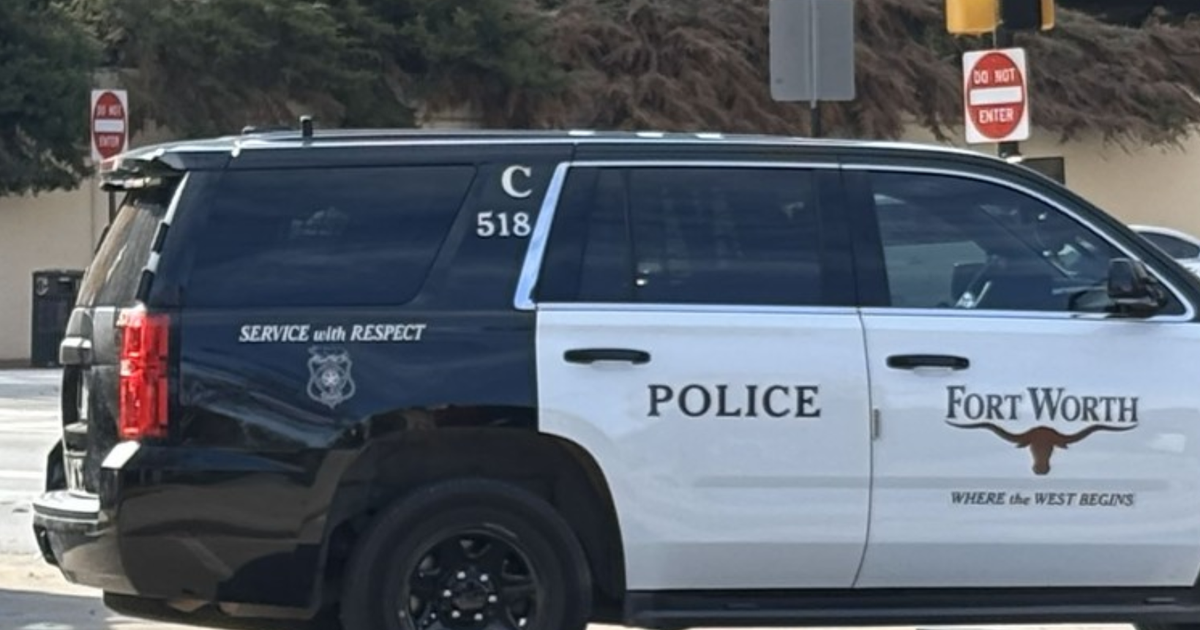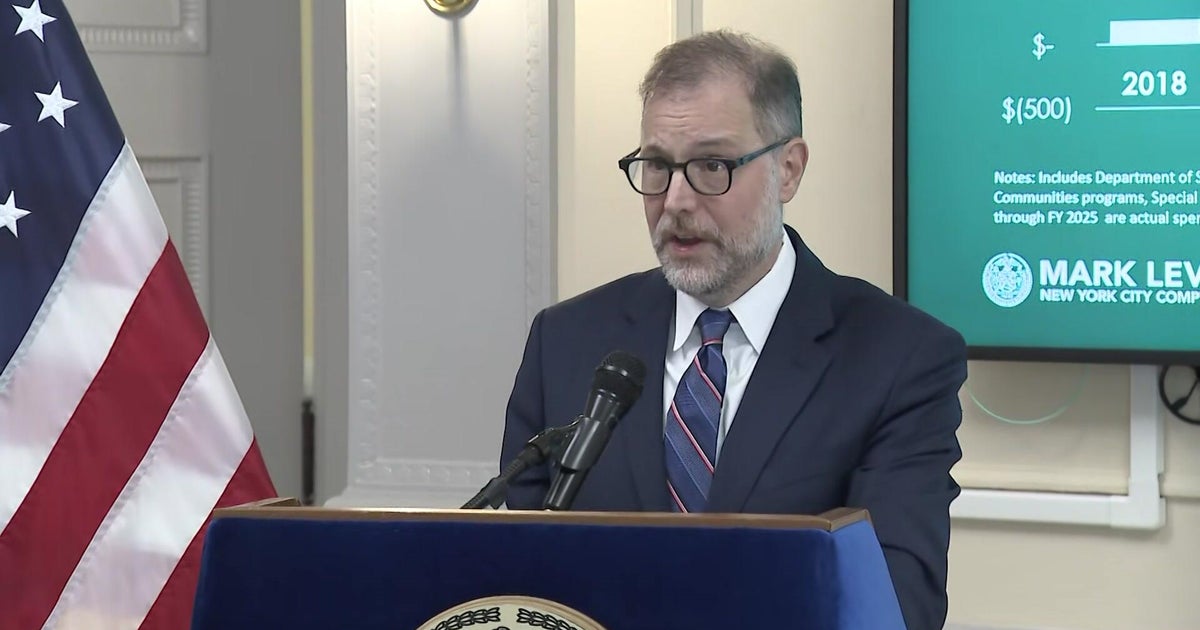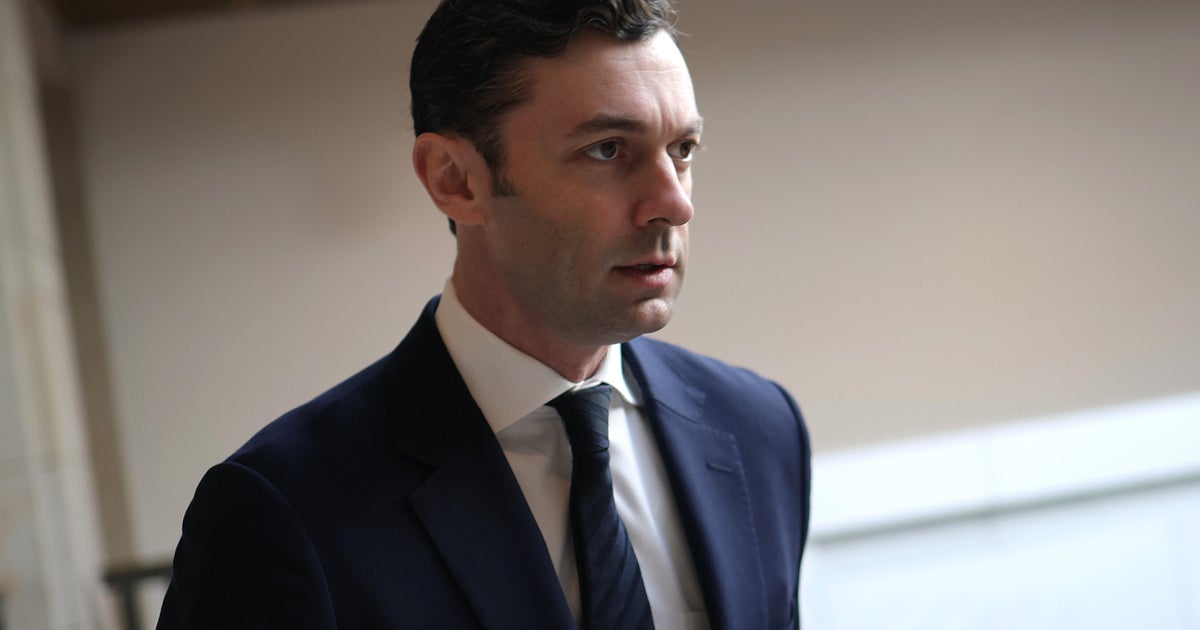Michigan could see over $100 million in opioid settlement money this year
(CBS DETROIT) - Michigan could see more than $100 million from opioid settlement payments in 2024, according to the Michigan Department of Health and Human Services.
Advocates say that this year's lump sum payment could be so big because multiple settlements are coming down the pike. Kroger, McKinsey and Walgreens are just a few of the companies with settlements coming to Michigan.
"Some of the most important spending has been increasing naloxone distribution; that's the overdose reversal medication," said Jonathan Soltman, the director of the Opioid Policy Institute. "Trying to target high-risk communities and make sure that we get more of that medication in the hands of people that need it most. We're starting to see some of the success from that."
In the years since the opioid settlement, money has begun flowing into Michigan. Advocates say that money has been used for a wide range of resources and services. That includes increasing Naloxone access and creating new services like the city of Detroit's 24-hour rapid response team. Advocates say they're pleased with many of the ways the funding has been used — but there's still room for improvement.
"I think communities are apprehensive to spend funds. Or maybe not spending it on what we would consider as directly impacting those that have been impacted by the opiate epidemic," said Duneya Barash, the director of operations at Face Addiction Now.
Michigan will see more than $1 billion over the next 20 years or so from opioid settlements. MDHHS says the money the state receives this year will be split between state and local governments to allocate as they see fit within federal and state guidelines. Barash says she's hoping to see even more focus on services.
"Being able to offer transportation to and from treatment services, being able to answer people's questions and have a real-life person there to answer them and having case management that actually goes out and meets with people in the community. I think just those low-barrier services are a game changer," Barash said.
About 80% of the funding Michigan received in the last year has been allocated according to MDHHS.
